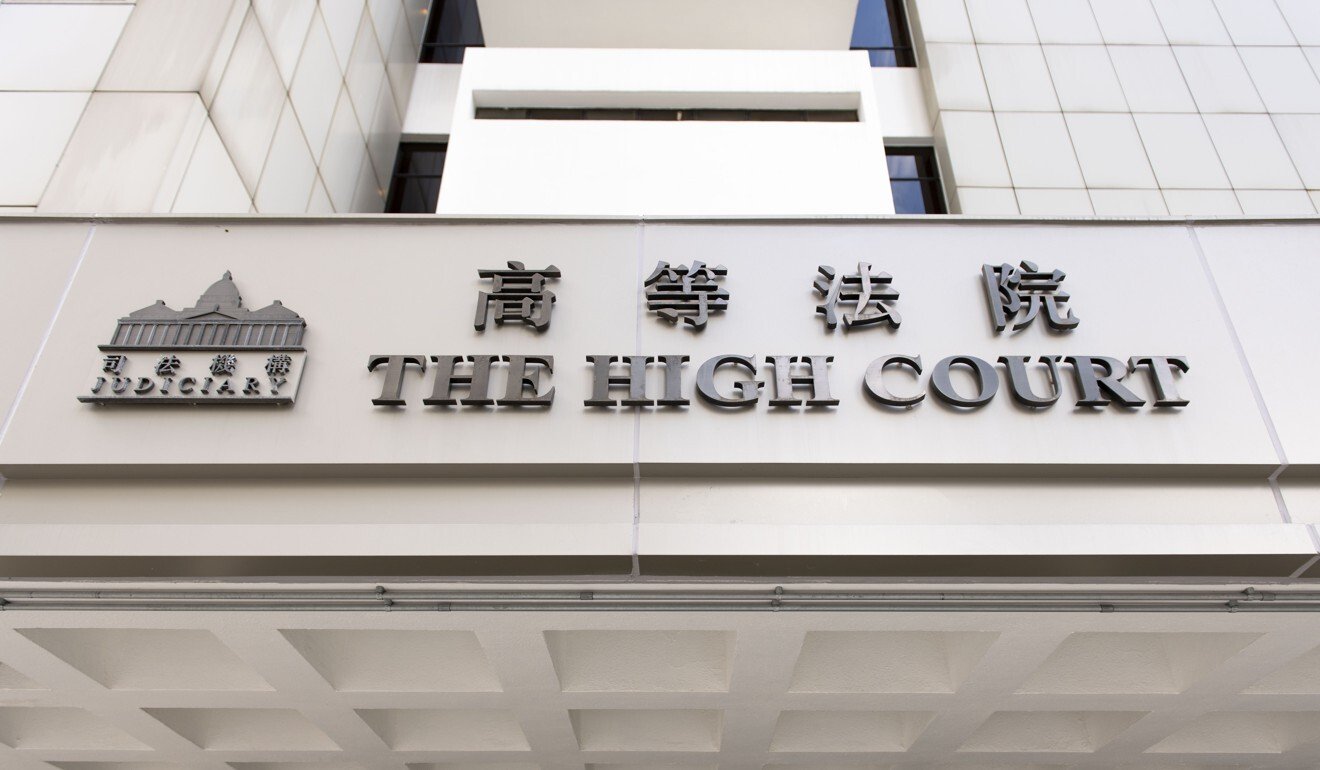Hong Kong beauty clinic doctor tried for manslaughter over experimental treatment that left one client dead
Hong Kong beauty clinic doctor tried for manslaughter over experimental treatment that left one client dead
- Prosecutor says the treatment is so new that its clinical benefits even in severely ill patients are still uncertain
- The defendant, however, is accused of administering the treatment to healthy women, saying it would be good for them
A Hong Kong beauty clinic doctor was put on trial on Friday for administering an experimental treatment said to be so “out of her league” that it killed a healthy mother of two in 2012.
Dr Mak Wan-ling, who has pleaded not guilty to manslaughter, was accused of carrying out “wholly inappropriate” blood infusions at DR Group’s Hong Kong Mesotherapy Centre in Causeway Bay without following the basic medical procedure of checking whether they might have been contaminated by bacteria.
Prosecutors also accused the general practitioner of failing to fully explain the associated risks and obtain proper consent before performing the injections on October 3, 2012 that led to the death of Chan Yuen-lam, 46, and sickened two women with “rapid and unforgiving” adverse reactions.
Opening the case to a nine-strong jury of five women and four men, prosecutor Andrew Bruce SC argued: “This treatment was wholly out of Dr Mak’s league – it should never have been done.”

The High Court heard contamination was a fundamental risk of the expensive treatment – priced at HK$59,500 (US$7,612) – which involved drawing blood from the customer for it to be cultured in a laboratory to proliferate cytokine-induced killer (CIK) cells before being injected back into the body.
“They were told [CIK] was good for their health,” Bruce said. “Even if the CIK treatment had been free of any contamination, the case of the prosecution is that it is doubtful in the extreme that it would do them any good.”
Chan, a restaurant worker, died on October 12, 2012 of multi-organ failure and septicaemia as a result of mycobacterium abscessus, a bacteria that was later found on the pipette guns and centrifugal machine that handled her blood in the laboratory, Asia Pacific Stem Cell Science.
Another woman, teacher Wong Ching-bor, 60, required surgical amputation of both legs and four fingers on her right hand, while a third, cleaner Wong Fung-kwan, 56, suffered a permanent disability in her limbs after months in hospital.
Mak told Wong Ching-bor that the treatment entailed a research lab increasing the number of good cells in her blood, which would then be injected back into the body to attack bad cells.

Bruce said CIK was an unproven treatment that might conceivably be used by advanced cancer patients who were running out of options, but even those studying such patients cannot say whether the treatment would work.
“Experts will tell you it should not be used on healthy people,” he said. “Even for seriously ill cancer patients, CIK treatment is not provided in Hong Kong at all – the clinical view in Hong Kong is that there are better alternatives.”
The prosecutor also explained that the treatment would require precautions, such as engaging an accredited laboratory with competent personnel to handle the blood products, and performing the re-injection under the supervision of a specialist haematologist or oncologist in a hospital setting that would allow continuous monitoring of a patient’s condition.
But he said there were “lamentable failures” in how the laboratory in question prepared the blood products, and Mak had failed to ensure her injections were produced by qualified people or had undergone all necessary bacteria tests to ensure they were free of contamination.
“You would expect that the doctor administering the infusion is confident that the source of the product is a proper source, that the CIK product is properly prepared and properly tested,” he said. “It was simply not good enough to blindly and uncritically trust the laboratory.”
Bruce said there were also problems with the consent forms, which failed to mention that CIK was still undergoing clinical trials as a treatment for cancer, and there was no scientifically proven benefit to healthy people such as Chan.
The forms should have also mentioned that the process would involve culturing blood cells in a medium exposed to open air, adding a risk of contamination on top of existing ones, such as infection, hypotension and hypersensitivity.
“Doctors are supposed to tell you the risks that a treatment might have,” he continued. “These three women, and, sadly, Ms Chan, were not properly informed.”
Bruce argued that Mak, who earned a commission on top of her regular monthly salary during her employment with the DR Group, owed a duty of care to her clients but breached that duty in the case of Chan.
He further argued that breach caused Chan’s death, and amounted to gross negligence so severe that it warranted criminal sanctions.
“Any reasonably prudent person would foresee an obvious risk of death,” the prosecutor said.
His opening speech will continue before Madam Justice Judianna Barnes on Monday.
https://www.scmp.com/news/hong-kong/law-and-crime/article/3105905/hong-kong-beauty-clinic-doctor-tried-manslaughter-over














Comments